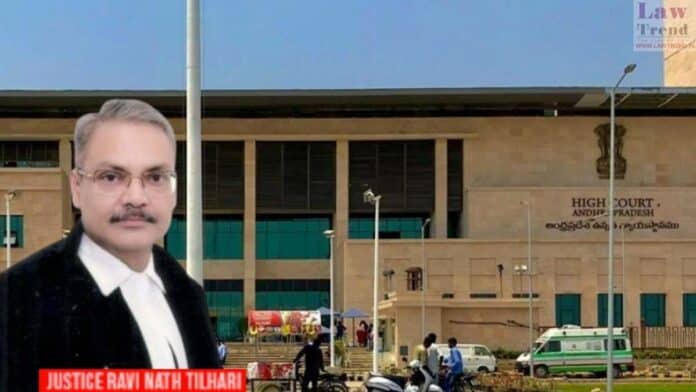The High Court of Andhra Pradesh, in a significant ruling, has held that a trial court cannot delve into the merits of the maintainability of a claim against certain defendants at the stage of registration of a suit. Justice Ravi Nath Tilhari, allowing a Civil Revision Petition, set aside a trial court’s order that had
To Read More Please Subscribe to VIP Membership for Unlimited Access to All the Articles, Download Available Copies of Judgments/Order, Acess to Central/State Bare Acts, Advertisement Free Content, Access to More than 4000 Legal Drafts( Readymade Editable Formats of Suits, Petitions, Writs, Legal Notices, Divorce Petitions, 138 Notices, Bail Applications etc.) in Hindi and English.




